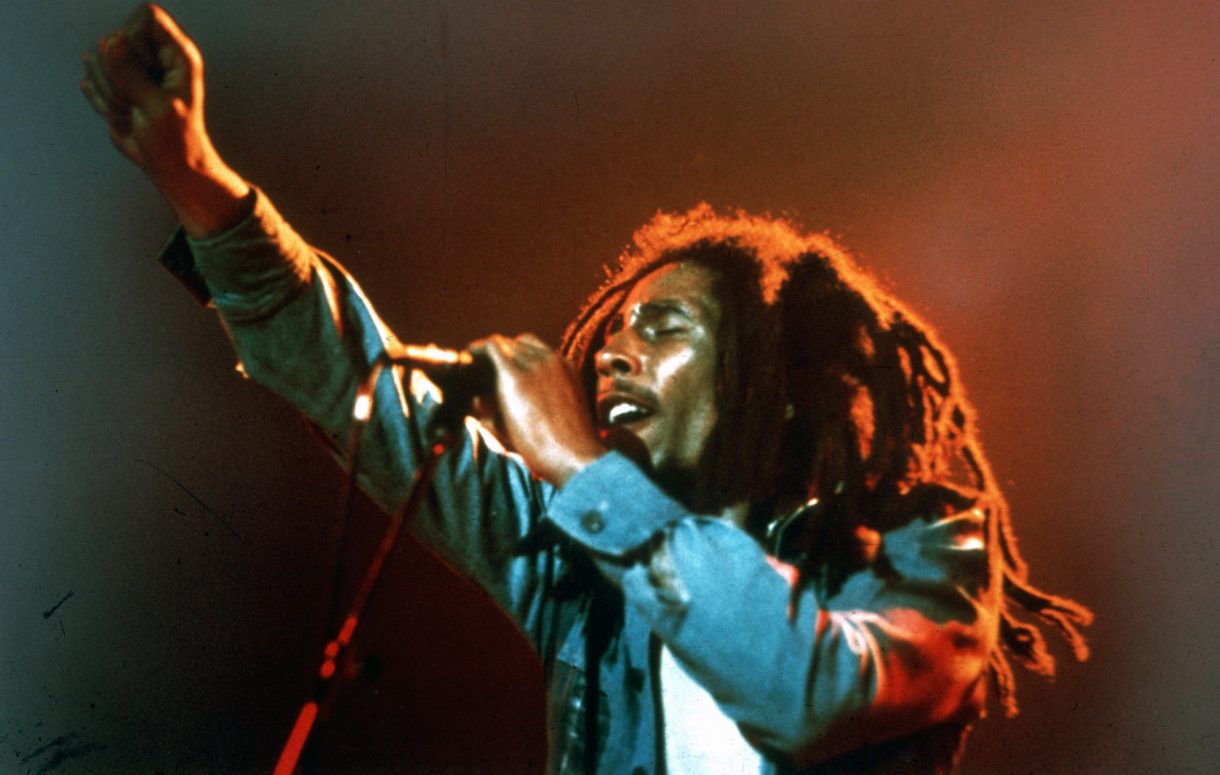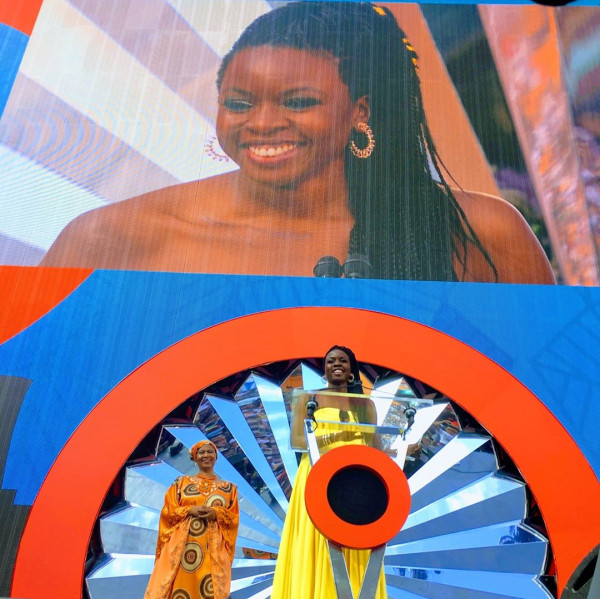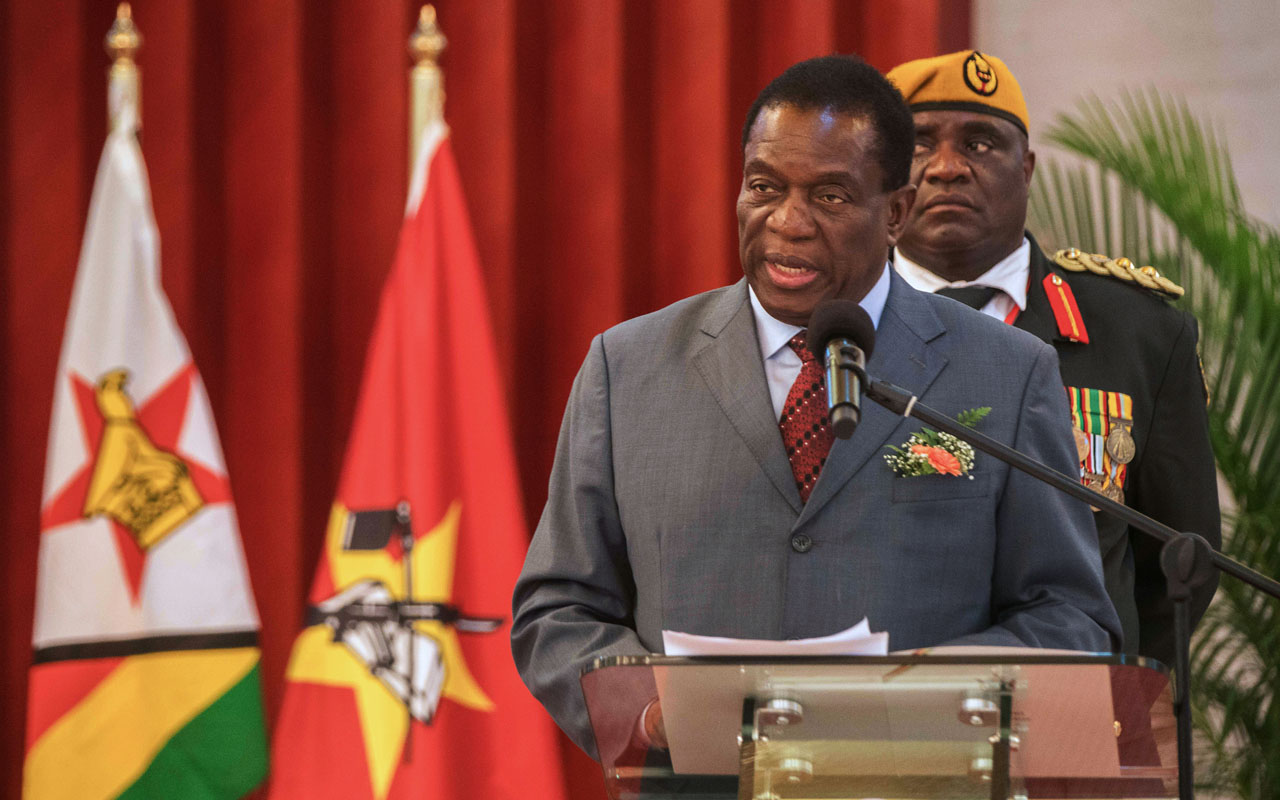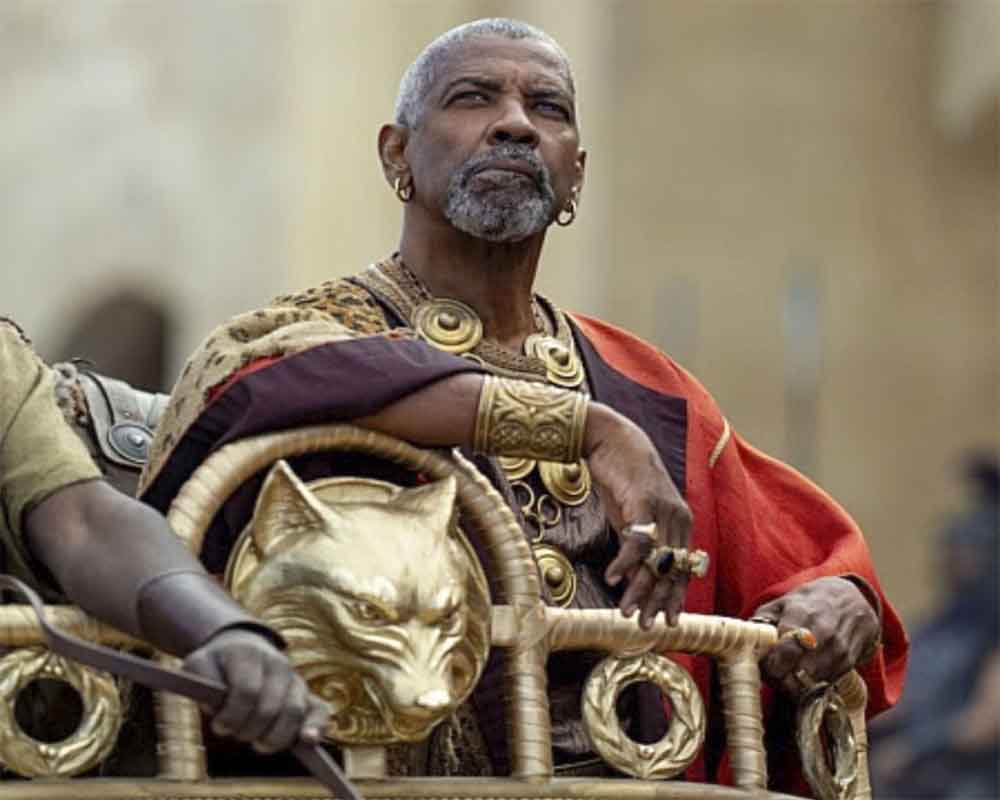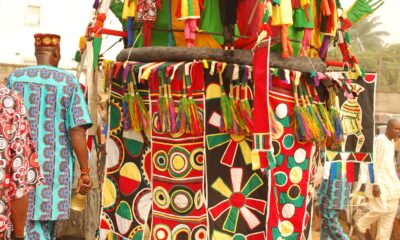Reggae music has been added to a new list of global cultural treasures by the United Nations, with the organisation claiming that its global popularity “continues to act as a voice for all.”
The genre, which originated in Jamaica in the 1960s, was chosen for selection by UNESCO, the cultural and scientific arm of the UN.
It comes after Jamaica had campaigned for their national sound to be classified as “intangible cultural heritage,” and receive appropriate protections from UNESCO.
Speaking after the decision, Jamaican Culture Minister Olivia Grange said: “It is a music that we have created that has penetrated all corners of the world.”
 “While in its embryonic state Reggae music was the voice of the marginalized, the music is now played and embraced by a wide cross-section of society, including various genders, ethnic and religious groups”, said UNESCO.
“While in its embryonic state Reggae music was the voice of the marginalized, the music is now played and embraced by a wide cross-section of society, including various genders, ethnic and religious groups”, said UNESCO.
“Its contribution to international discourse on issues of injustice, resistance, love and humanity underscores the dynamics of the element as being at once cerebral, socio-political, sensual and spiritual. The basic social functions of the music – as a vehicle for social commentary, a cathartic practice, and a means of praising God – have not changed, and the music continues to act as a voice for all.”
The decision came at a UNESCO meeting in Mauritius, where some 40 proposals were under consideration.


